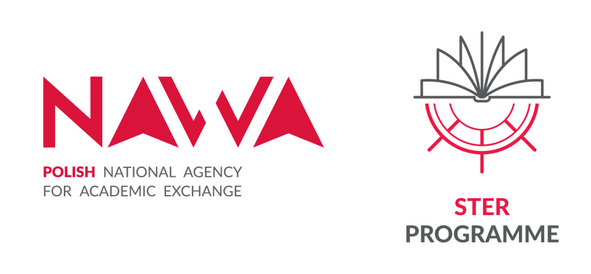Tribology (the science dealing with friction and wear) is an interdisciplinary science with a great influence on many aspects of everyday life as well as a great potential in development of technology in a variety of industries. The activity of the research teams at our university is mainly concentrated in three listed below areas.
Experimental bearing research
The activity in this area comprises experimental testing of unconventional bearing designs, non- standard bearing materials, including DLC, polymers and ceramic materials, unconventional lubricants with a special emphasis on EAL-s (environmentally acceptable lubricants), water, and also magnetic lubricants. The research activity is carried out with the use of two well-equipped laboratories with a variety of test rigs, which enable us to test both thrust and journal bearings of medium size operating in operational conditions met in practical applications. The test rigs in our laboratories also comprise tribometers devoted to basic tribological research. Experimental testing is often a part of R&D industrial projects for power and ocean engineering based companies. Development of measurement methods is an important research challenge in this area.
Hydrodynamic lubrication
Activity in this area is concentrated on the development of calculation methods of fluid film bearings. The main topics include studying the behaviour of large thrust bearings under heavy loads and in transient states. The research challenge is to include and combine all important phenomena having influence on bearing operation. The task is usually solved with the use of FEM (Finite Element Method) and CFD (Computational Fluid Dynamics) codes, combined into FSI (Fluid Structure Interaction) schemes. The goal is to predict operation of bearings in severe operating conditions such as heavy loads, low or high speeds, low viscosity lubricants, contamination of lubricants, etc. with high accuracy and acceptable calculation times.
Environmental degradation of engineering materials
In this area of science, we study the mechanisms of destruction of various groups of engineering materials, such as metals and alloys, ceramics, polymers or composites under the load and/or in specific environmental conditions . Our research covers the characterization of the mechanical properties of materials and their influence on cavitation erosion resistance, fatigue, fretting, impact and corrosion. In our laboratories there are modern research stands, such as a high-resolution scanning electron microscope, nanoindenter, computer tomograph or a drop hammer with a set for recording the impact energy and material displacement. We also use various surface engineering methods to increase the resistance of materials to various forms of degradation. Therefore, in our laboratories there is a pulsed Nd: YAG laser, as well as a 6 kW fiber laser. We also have a station for the production of micro arc oxidation coatings.
Keywords: fluid film bearings, thrust bearings, marine stern tube bearings, advanced bearing materials, EAL-s, unconventional lubricants, water lubrication, materials degradation, surface engineering


